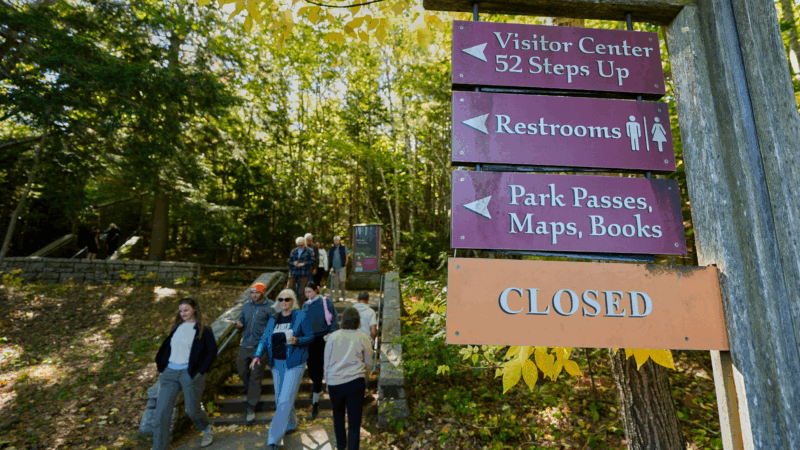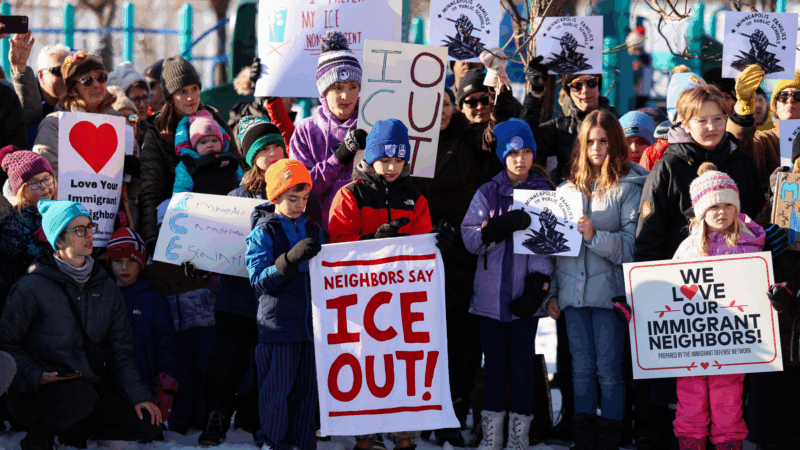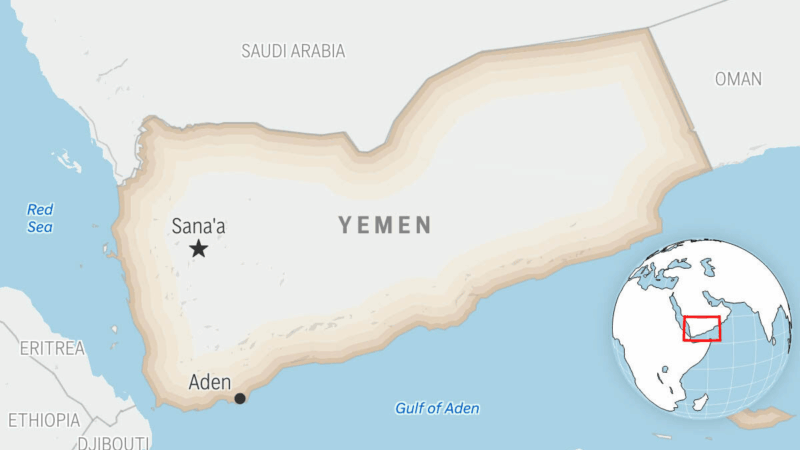National parks caught in the crosshairs of government shutdown
As Congress remains at an impasse on an agreement to fund government operations, several sites under the National Park Service (NPS) have brought their operations to a halt.
Across the country, parks have been forced to close, operate under reduced staffing or rely on outside donations to keep the lights on as the shutdown stretches into its fourth day.
The lack of a unified plan across all parks and sparse details outlined by official government resources has sparked confusion about which places parkgoers can visit or if the shutdown has caused sites to temporarily shutter their services.
“National parks remain as accessible as possible during the federal government shutdown,” a notice on the NPS website reads.
“However, some services may be limited or unavailable,” it continues, with a link directing readers to a site with contingency plans outlining how funds would be appropriated during the shutdown.
A contingency plan for the NPS says that park roads, lookouts and trails “will generally remain accessible to visitors” for the duration of the shutdown, but other services such as regular road and trail condition updates would not be provided.
“As part of their orderly shutdown activities, park staff will post signs notifying visitors that only basic or no visitor services, maintenance, or other management activities will be conducted, and emergency services will be limited,” according to the plan.
At some park locations that collect fees, the memo stipulates that basic services can be provided such as those that maintain restrooms, collect trash and road maintenance.
But at some closed park locations, services will be stripped to the bone, including no trash collection, restrooms, road or walkway maintenance or visitor information.
NPR reached out to the NPS on Saturday for comment but has not received a response.
States step in and donations for some relief
Several states have taken it into their own hands to see to it that their parks remain open during the federal funding spat, either directly funding the sites themselves or collecting third-party relief to help keep the doors open.
According to National Parks Traveler, parks in states including West Virginia, Utah and Hawaii, have managed to secure funds and donations necessary to keep operations temporarily rolling.
Visitors in other states have not been so lucky.
Kathy Ten Eyck flew from Utica, New York into New Mexico to visit the glistening dunes of White Sands National Park. Instead, she was met with a notice of closure.
“I just couldn’t wait — could not wait to — get here,” Ten Eyck said. “We stopped at the [PistachioLand] right up the street there, and that’s where we heard that it was closed.”
Kathy Theriot was similarly heartbroken outside of the New Mexico Park. She had driven her children more than five hours from their home in Taos and hoped that they could experience the white sands she remembered from her childhood.
“I’ve been waiting 10 years to show my kids White Sands and the day we come it’s closed, which is very disappointing,” Theriot said.
“But it is really, really sad though that we get to the side of the road to enjoy part of our country because our elected officials can’t get along.”
Vandalism and safety concerns

Concerns have also been raised about the safety and responsibility of keeping parks open without having a robust number of employees available to conduct critical services.
Some of Texas’ famed national parks, such as Big Bend and Padre Island National Seashore, will remain open during this time but may have limited staffing, according to Texas Public Radio (TPR).
A previous government shutdown, TPR reported, saw an ancient rock at Big Bend vandalized amid the lack of staffing.
Those concerns have caused some park advocates to recommend all parks with a reduction in force be closed until federal funding is sorted.
“Keeping our national parks open after Trump and Republicans forced a government shutdown is stupid, short-sighted and incredibly dangerous,” said Stephanie Kurose, deputy director of government affairs at the Center for Biological Diversity, in a statement.
“We’ve seen the irreparable harm that can happen when our parks go understaffed. Vandalism, trash and human waste will tarnish natural treasures that are the envy of the world. But apparently nothing says ‘Make America Great Again’ like turning Yosemite into one giant toilet.”
During the last government shutdown, which began in December 2018 during Trump’s previous administration and lasted a record 35 days, several of America’s beloved national parks reported significant damage, including California’s Joshua Tree National Park, which saw trees cut down and new roads illegally dug in.
The National Parks Conservation Association (NPCA) has also called for parks to be closed, citing past problems during government shutdowns that led to vandalism, sanitation issues and ecological harm.
“The government has shut down, and the administration is once again putting our national parks and visitors at risk, effectively directing staff to open park gates and walk away,” NPCA president and CEO Theresa Pierno said in a statement. “It’s not just irresponsible, it’s dangerous.”
NPR’s Ava Pukatch contributed to this report.
RFK Jr. cast doubt on a key vaccine. This country can’t wait to get it
The U.S. is cutting the Hepatitis B vaccine from its recommended list. But here's a place where the medical establishment — and a rapper — are eager to obtain it.
U.S. Figure Skating Championships will determine who’s going to the Olympics
This week's competition in St. Louis will skaters tickets to the Milan-Cortina games in February
The CDC just sidelined these childhood vaccines. Here’s what they prevent
The childhood vaccines that the CDC is dropping from the recommended scheduled have successfully beat back illness and death in children from rotavirus, hepatitis and other pathogens.
Federal agents shoot 2 in Portland after an ICE agent killed a woman in Minneapolis
Officials are calling for transparent investigations into controversial shootings involving federal agents. Here's a recap of the latest developments in Portland and Minneapolis.
Yemen’s Southern Transitional Council says it will dissolve after its head fled to UAE
Yemen's Southern Transitional Council and its institutions will be dismantled after weeks of unrest in southern areas and a day after its leader fled to the United Arab Emirates.
National Park Service will void passes with stickers over Trump’s face
The use of an image of Trump on the 2026 pass — rather than the usual picture of nature — has sparked a backlash, sticker protests, and a lawsuit from a conservation group.







